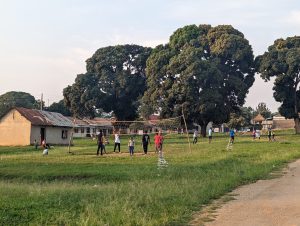
Since the Affordable Care act was implemented in 2010, the percentage of uninsured adults in the U.S. has declined significantly. Despite this progress, over 28 million people remain uninsured, 21 percent of whom are non-citizens, including undocumented immigrants.
New York City Health and Hospitals (H&H) is the largest municipal health care system in the U.S., offering care to all New Yorkers regardless of their ability to pay. The organization’s Optionsprogram is a financial assistance program for uninsured or underinsured patients. They offer a sliding-scale payment structure based on income and family size for a range of inpatient and outpatient services. Since care is offered irrespective of patients’ citizenship status, H&H is one of the city’s primary providers of healthcare to its undocumented immigrant population.
To assess the experience of undocumented immigrants with the Options program, CUNY SPH Associate Professor Diana Romero and doctoral alumna Kathleen Flandrick led a mixed-methods study published in the Journal of Health Care for the Poor and Underserved.
The researchers found that few participants were aware of the Options program and identified a need for greater community-based outreach efforts and for activities that address concerns regarding immigrant status and fear of high bills and long-term debt.
“It was only through close partnership with NYC H&H and numerous community-based organizations serving diverse immigrant populations that we were able to engage with individuals from myriad cultural and linguistic backgrounds,” Romero says. “This community-engaged project provided rich information about immigrants’ experiences with and concerns in accessing health care in NYC that we hope the city hospital system can consider going forward.”
Romero recommends the program hire diverse staff, offer cultural humility training for staff, provide language services to patients, and institute anonymous reporting of perceived discrimination, among other measures, to increase program success.




